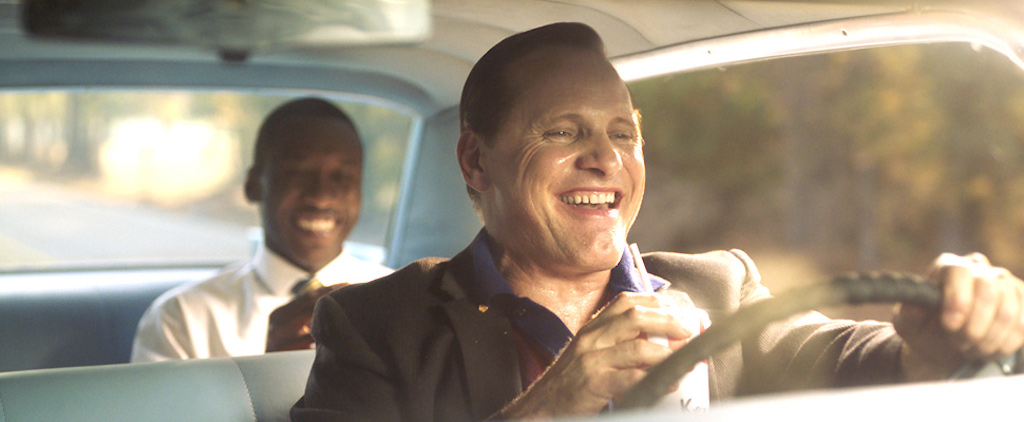When Green Book won the Best Picture Oscar two years ago, Spike Lee — whose BlacKkKlansman was also up for the prize — tried to storm out of the Dolby Theatre in disgust, only to be told he had to return to his seat. It was perhaps the most public and ostentatious form of criticism the film received, having been chastised in some circles for its retrograde white savior narrative. But there’s one person who is definitely pro-Green Book: star Viggo Mortensen.
In a new interview with The Independent, the erstwhile Aragorn — whose performance was Oscar-nominated, though co-star Mahershala Ali did win his second Best Supporting Actor trophy — reflected grimly on the film’s violently split reputation. “It’s become a cliché to say, ‘Is this movie going to be the Green Book of this year?’” he said. “Green Book has become a pejorative.”
He continued:
“Much of the criticism that was levelled at that movie was not only unreasonable, but it was inaccurate, mendacious, and irresponsible … It’s based on a load of bulls*** and an axe to grind and little else. Does it affect what I’m doing, or how people perceive me as an actor? Maybe it does. But I can’t really do anything about that.”
Mortensen didn’t go into details about how calling out a film that features a white character “teaching” a black character how to eat fried chicken could be considered “inaccurate, mendacious, and irresponsible.” He also could have argued that its instant classic pizza-sandwich scene does atone for some of its more questionable aspects. Alas.
The acclaimed actor — whose directorial debut, Falling, in which he plays a gay man dealing with his conservative father (Lance Henriksen), just opened in the UK — has sometimes been a bit more critical of past work. In 2014, he semi-infamously said he preferred The Fellowship of the Rings to the other LOtR films, saying that with The Two Towers the series “already started ballooning, for my taste, and then by the third one, there were a lot of special effects. It was grandiose, and all that, but whatever was subtle, in the first movie, gradually got lost in the second and third.” A handful of years later he was a bit more circumspect:
“I don’t really want to get into it … but over the years certain things that I’ve said have been taken out of context in certain ways that were unfortunate. I’ve tried to be honest when someone is asking me which movie I prefer. My preference is certain scenes that I remember and that’s natural, but the overall experience was fabulous, unforgettable, instructive. The obvious benefit is that the popularity of the trilogy around the world opened doors for us. Dave Cronenberg wouldn’t have been permitted to cast me in A History of Violence had it not been for the popularity of the trilogy, for example.”
(Via The Independent)







